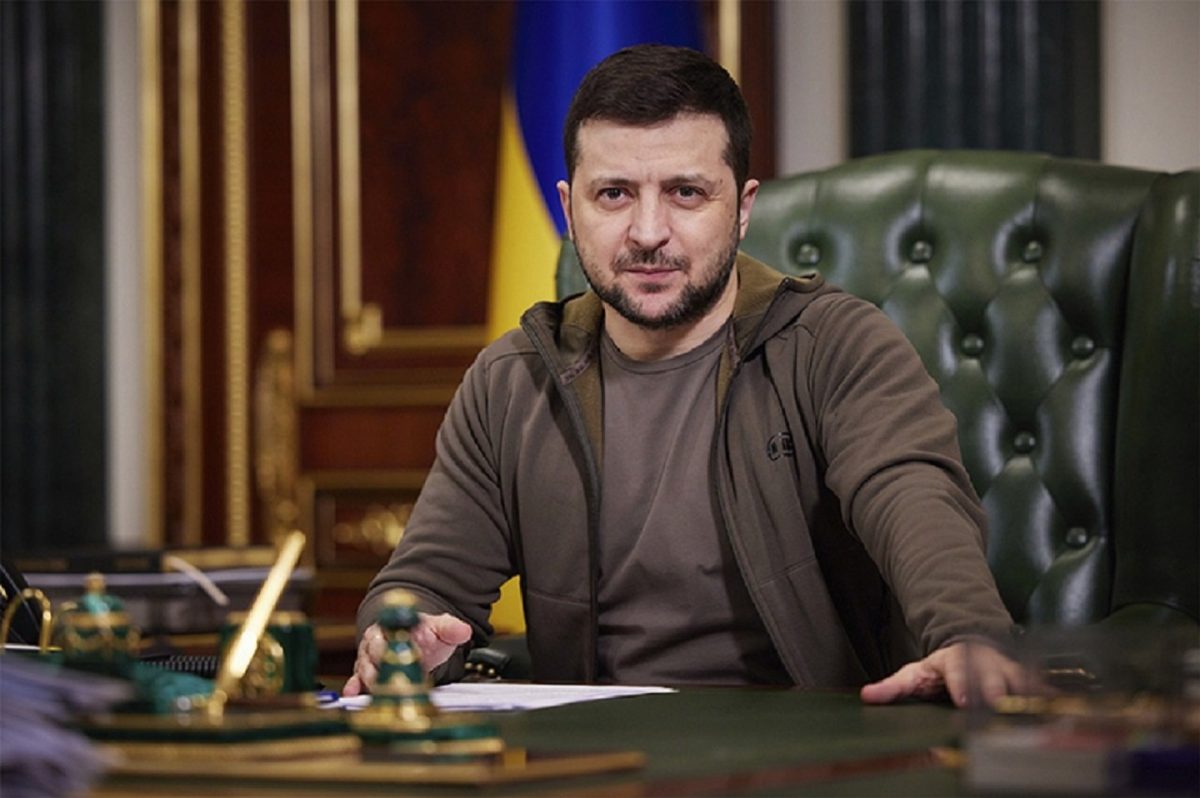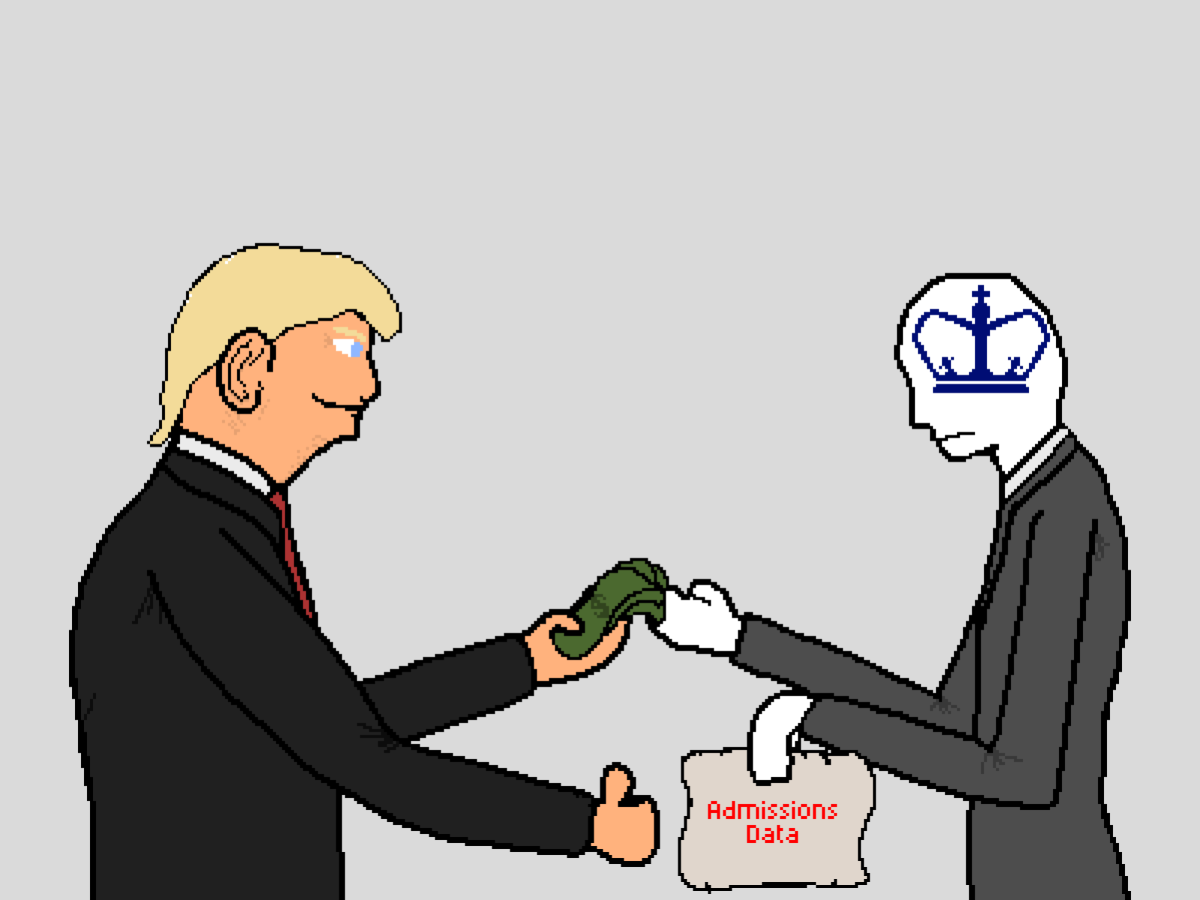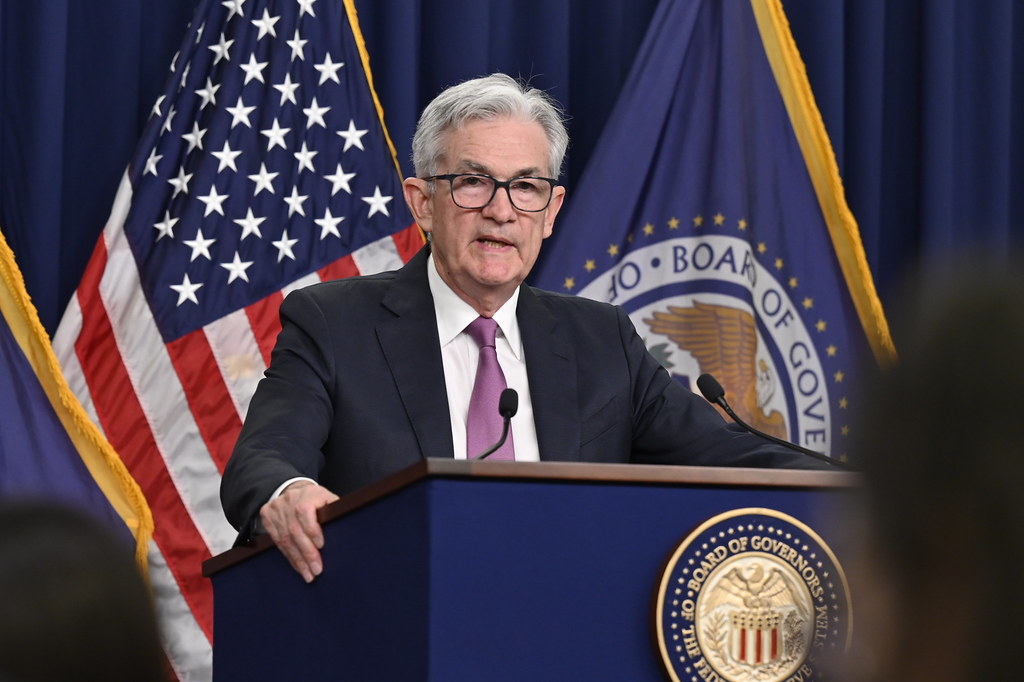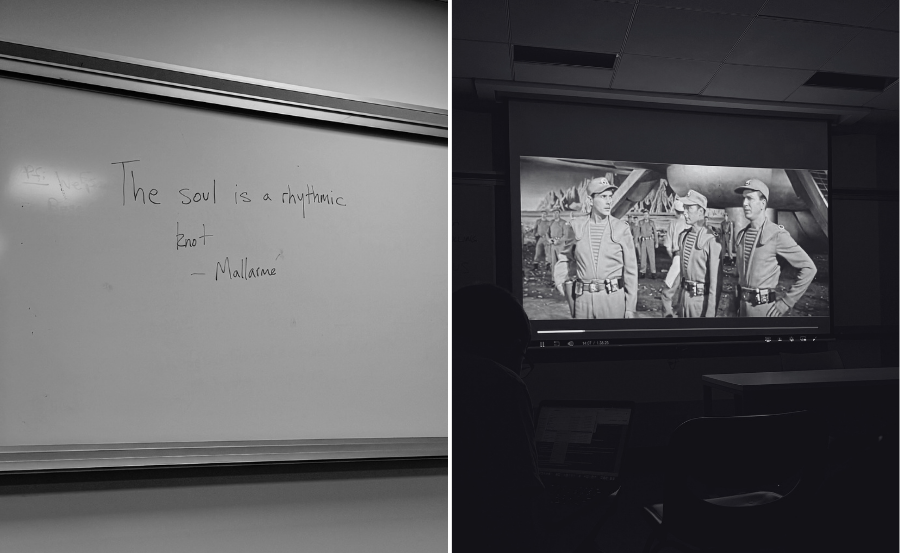In response to reports that the U.S. and Russia were discussing a potential peace deal without Ukraine’s direct involvement, Ukrainian President Volodymyr Zelensky stated, “We cannot accept it, as an independent country.”
As President Donald Trump and Russian President Vladimir Putin hold talks on ending the war, there is growing concern that Ukraine could be excluded from important negotiations that will determine its future.
The idea of world leaders negotiating the future of a country without its input is not only dismissive but also a direct threat to Ukraine’s sovereignty.
Zelensky has made it clear that Ukraine will not accept any agreement unless it is an active participant in all negotiations. A true and lasting peace cannot come from secret agreements between Washington and Moscow, especially if they fail to address Ukraine’s security concerns.
Trump, following his first publicly acknowledged call with Putin since Russia’s full-scale invasion in 2022, suggested that a ceasefire could happen soon. Speaking from the Oval Office on Feb. 12, he claimed that Putin wanted to end the war.
However, when asked whether Ukraine was an equal partner in the peace process, Trump simply responded, “They have to make peace.”
Expecting Ukraine to accept a deal made by other nations ignores the reality of the war. For nearly three years, Ukraine has defended itself, endured significant losses and resisted an invasion that violated its sovereignty.
Any settlement reached without Ukraine’s direct involvement would not be a just peace, but would instead be an imposed one.
European leaders have acknowledged Zelensky’s concerns. European Union foreign policy chief Kaja Kallas warned against a “quick fix” or “dirty deal” that pressures Ukraine into an unfavorable settlement.
She insisted that both Ukraine and its European allies must be included in any discussions, arguing that no deal can be properly implemented without their participation.
German Chancellor Olaf Scholz also rejected the idea of a “dictated peace,” reinforcing that any agreement must respect Ukraine’s independence.
Leaving Ukraine out of the negotiations isn’t just a problem for this war — it sets a bad precedent.
If a country can invade another and then make a peace deal without including the nation it attacked, it sends the wrong message.
It signals to other aggressors around the world that military force can be rewarded with favorable diplomatic outcomes. The international community cannot afford to normalize this kind of decision-making. Zelensky’s insistence on being included in peace talks is not just about Ukraine; it is about upholding the principle that sovereign nations have the right to determine their own futures.
No country should be expected to accept terms it had no role in shaping, especially when those terms involve its borders, security and independence.
A real and lasting peace can only come from negotiations that include Ukraine as an equal party. If world leaders genuinely want to end this war, they must do so in a way that respects Ukraine’s right to self-determination.
A peace deal that excludes Ukraine is not a real solution, but a betrayal of its sovereignty.









